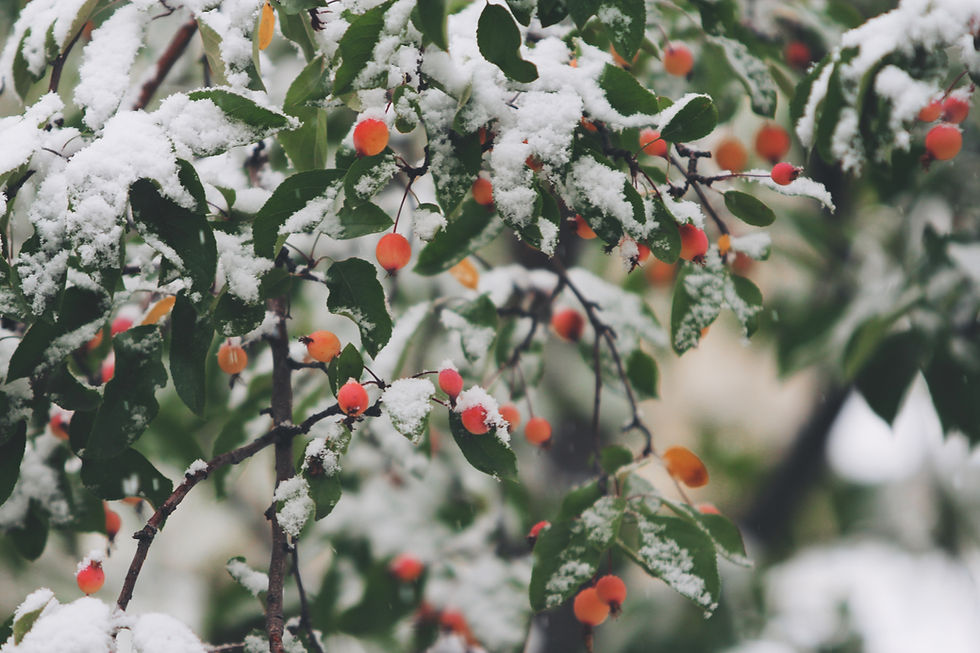by Christine Peace
Originally published at Laurellife.com on January 9th, 2023. The holiday season has drawn to a close and, yet, this time of year brings a wide range of experiences for people. Some may feel joy and gratitude, while others may experience stress and anxiety. It is important to reflect on the traditions and customs that your family has embraced over the years - both in the present and in your upbringing. No matter what traditions are celebrated, it is important to remain open-minded about the different experiences that individuals had over winter break. For some households, there are intentional and positive traditions. Whether it be opening a stocking on Christmas Eve, staying up till midnight for New Year’s Eve, or eating pork and sauerkraut on New Year’s Day, many of the traditions families share have a long history and widespread fame. Alternately, perhaps their traditions are lesser known, or not as mainstream as others, but still hold value. It’s okay not to know all the traditions that are held regarding a specific holiday, but stay curious and ask questions if a child wants to share. Doing so helps to foster an understanding of the different experiences and traditions that others may have.

However, not all traditions are intentional or positive. In some households, “traditions” may be less intentional and more stressful. For some kids, if they are asked what they might expect on a holiday, their answer may revolve around a caregiver’s behavior. This time of year may be marked by the expectation that a caregiver will be drinking from morning to night. It may look like the expectation that they are shuffled back and forth between their divorced parents’ homes. It may be dampened by the stress of relational or financial conflict. In addition to the stress that some kids may experience around the holidays due to their caregivers, there are other realities that they may also face. On the other hand, some circumstances may have turned their life upside down, and thus they are completely unprepared with what to expect. This could include a recent change of living situation, for example being moved into foster care. Under these circumstances, things may have turned out better than they could have guessed, or maybe there were no holiday celebrations at all. Another pattern around holidays is grief.

Grief is heightened around the holidays for many people, as the emphasis on family time can be a stark reminder of those that are no longer present. It can be difficult to reconcile the joy of the season with the sadness of losing a loved one. It is important to remember that grief during the holidays is normal and to allow people to experience and express their emotions in their own way. It does not have to be a recent loss or anniversary of a loss. Instead, just the very emphasis on time spent with family can be a reminder of those who are no longer present. This does not have to be a dark reminder but can also be a time of remembering and honoring.
There are numerous possibilities of how winter break went for our students. As we welcome them back to the classrooms, we can try to keep this on the forefront of our minds to ease and support their transition. Further, just as there are numerous possibilities of how winter break went for a student, this also holds true for our coworkers. Almost everything that was stated above may have also been experienced by coworkers, or even you reading this article. Remember to care for yourself and your team, with the same care and intention as your students.

Comments